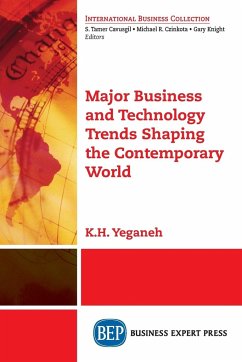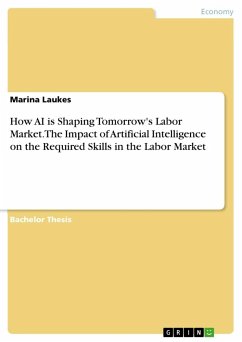Shaping the Future of Work lays out a comprehensive strategy for changing the course the American economy and employment system have been on for the past 30 years. The goal is to create more productive businesses that also provide good jobs and careers and by doing so build a more inclusive economy and broadly shared prosperity. This will require workers to acquire new sources of bargaining power and for business, labor, government, and educators to work together to meet the challenges and opportunities facing the next generation workforce. The book reviews what worked well for average workers, families, and the economy during the era of the post-World War II Social Contract, why that contract broke down, and how, working together, we can build a new social contract suitable to today's economy and workforce. The ideas presented here come from direct engagement with next generation workers who participated in a MIT online course devoted to the future of work and from the author's 40 years of research and active involvement with business, government, and labor leaders over how to foster innovations in workplace practices and policies.
Hinweis: Dieser Artikel kann nur an eine deutsche Lieferadresse ausgeliefert werden.
Hinweis: Dieser Artikel kann nur an eine deutsche Lieferadresse ausgeliefert werden.








